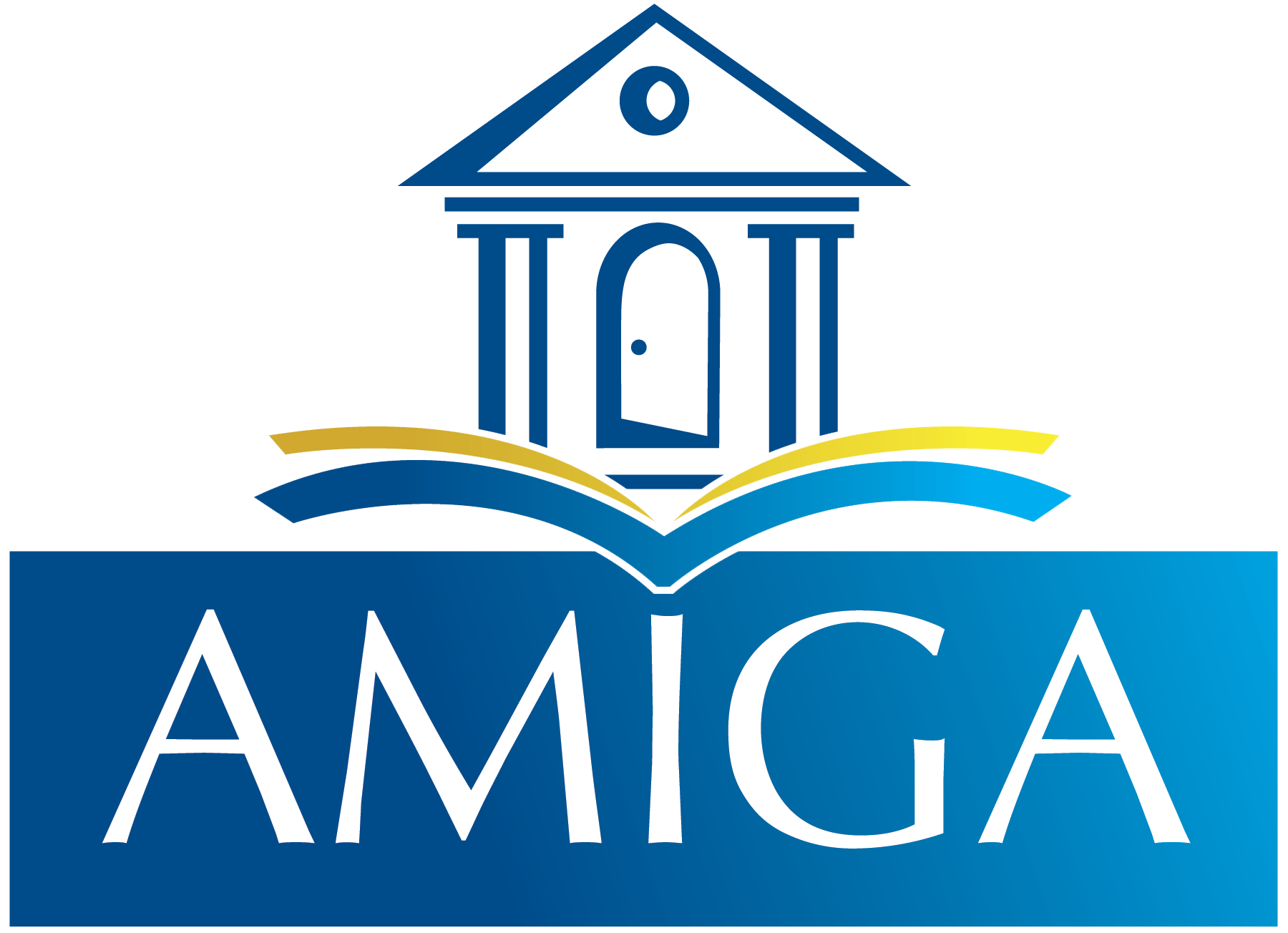Why AMIGA?
Across the U.S. higher education administrators and faculty are leading initiatives that focus on increasing faculty diversity. At the same time, undergraduate student populations are becoming increasingly diverse. Although graduate study is a significant part of the pipeline to becoming a faculty member, graduate education and admissions specifically, have received far less attention.
In 2020 social inequality and access to resources manifested nationally with the realization that people of color are more likely to catch COVID-19. Moreover, racial injustice exposed the extent that black and brown people experience policing and other forms of institutional racism. Students, staff and faculty alike have pondered, What can one do to foster social justice in academia?
Demographic forecasts detail a significantly changing U.S. population by 2050. In California, public colleges and universities are already enrolling substantial numbers of college students who are historically underrepresented in higher education. The Alliance for Multi-campus, Inclusive Graduate Admissions (AMIGA) project is focused on supporting holistic graduate admissions to build a faculty pipeline and increase access to graduate education.
To that end, the AMIGA project values equitable and inclusive holistic review methods for graduate admissions that potentially increases the number of students in graduate school who are first generation college, from underserved communities or are historically underrepresented. It is only with attention to equitable and inclusive methods that institutions can achieve their goals of increasing faculty diversity and preparing the brightest minds to tackle society’s most intractable problems.
The AMIGA project is founded in a seed grant, Transforming Graduate Admissions, from the Andrew W. Mellon Foundation where the outcomes can be summarized into three findings:
1.
The process under consideration was holistic review for graduate admissions.
Equitable and inclusive admissions processes are the cornerstones of holistic review. The admissions methods reviewed by our teams at UC Davis, UCLA, UC Berkeley and UC Riverside pointed to holistic review methodologies for graduate admissions.
2.
Equitable and inclusive graduate admissions cannot start with the review. Rather must also be applied to the whole admission process.
Equity includes the availability of specific web-based program and application information without the assumption of prior knowledge so that all prospective applicants start with access to the same information.
3.
A nimble and powerful admissions platform is necessary to thoroughly support holistic review.
Holistic review needs a flexible and robust admissions platform that can interface with prospective applicants, reviewers, and admittees.
